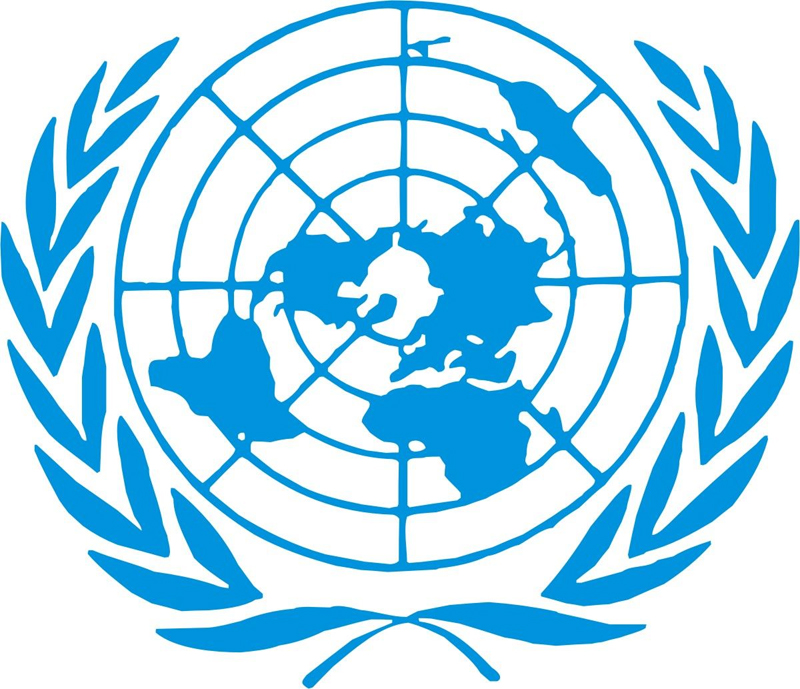Can’t support CIEDP, TRC; Act faulty: United Nations
CIDEP and TRC Act not framed in accordance with international standard
Kathmandu, March 2
The United Nations has said it will be unable to support Nepal’s two transitional justice bodies Truth and Reconciliation Commission and Commission of Investigation on Enforced Disappeared Persons due to lack of authority given to these instruments to ensure justice to the conflict victims and book perpetrators of serious human rights violations.
Responding to CIEDP request for the UN’s technical, expert and financial support, the Office of High Commissioner for Human Rights has made it clear that it cannot extend any support because neither the CIEDP and TRC Act was framed in accordance with the international standard, nor the Government of Nepal complied with its earlier advice to revise the law as per Nepal’s own international obligations.
“In the absence of steps by the Government of Nepal to ensure that the enabling law and procedures of the CIEDP and TRC are in compliance with its international legal obligations, the United Nations is unable to provide support to these institutions,” claimed OHCHR in a statement dated February 16 that was uploaded on its website recently.
The OHCHR has also requested the Government of Nepal to amend TRC and CIEDP Act as per Nepal’s obligations under international law, so that the UN can reconsider supporting these two transitional justice instruments. “This step is essential for the United Nations to consider supporting the work of the two commissions,” it added.
Talking to The Himalayan Times, CIEDP spokesperson Dr Bishnu Pathak confirmed that he learnt that the United Nations responded to the CIEDP’s request pessimistically.
Attempts to get TRC Chairman Surya Kiran Gurung’s comment on OHCHR’s response went in vain.
On February 3, Dr Pathak, on behalf of CIEDP, had written a letter to United Nations Secretary General Ban Ki-moon, complaining about the United Nations’ indifference towards Nepal’s transitional justice mechanisms and sought its technical, financial and expert support to carry out CIEDP’s work.
Spokesperson Pathak told this daily that CIEDP required foreign experts, support in setting up a forensic lab, as well as financial help, in order to investigate into the cases of enforced disappearances.
According to Pathak, he had also sought to know from the UN Secretary General why the UN remained indifferent towards Nepal’s transitional justice mechanism, as the global body was the one that had called for these instruments’ formation so as to resolve the conflict-era rights violation cases.
The TRC and the CIEDP were set up in February 2015.






